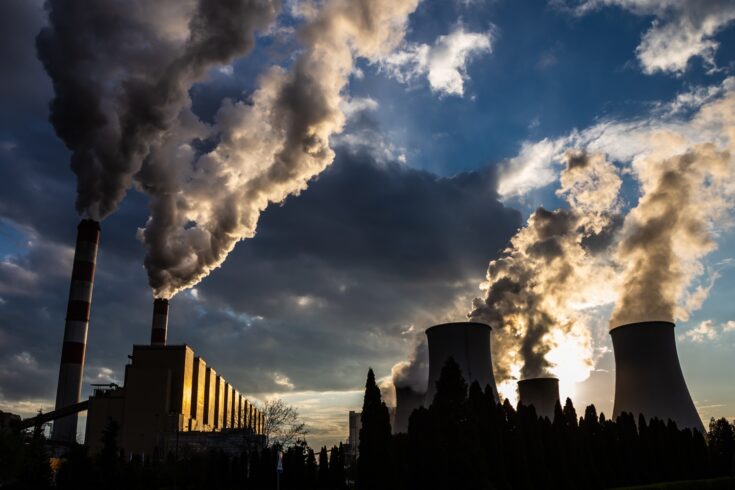UKRI is demonstrating its commitment to tackling carbon emissions from industrial clusters with the launch of a £20 million centre for research and innovation.
The Industrial Decarbonisation Research and Innovation Centre (IDRIC) is run by Professor Mercedes Maroto-Valer of Heriot-Watt University, and supported by funding through UKRI’s industrial decarbonisation challenge.
The centre will work in line with the government’s plans for a green industrial revolution, and will be tasked with identifying and researching opportunities to reduce:
- costs
- risks
- timescales
- emissions.
It will do so across clusters of energy-intensive industries that currently make a significant contribution to UK emissions.
Connect and empower
IDRIC will connect and empower the UK industrial decarbonisation community with over 140 partners, including:
- industry and business
- government and regulatory agencies
- world-leading academics.
They will work together to deliver an impactful innovation hub for industrial decarbonisation.
The centre will build and provide evidence from the activities of the industrial clusters to:
- help address their challenges
- shape more informed decisions on future decarbonisation options
- support wider policy on the UK’s industrial decarbonisation mission as a whole.
It will also analyse any impact or need for broader institutional reforms for the sector that could help decarbonisation plans work more effectively to meet net-zero and economic targets.
Creating an adaptive and responsible path
Dr Bryony Livesey, Challenge Director for the industrial decarbonisation challenge, said:
The introduction of the IDRIC concept shows the commitment to not only fund large scale decarbonisation efforts, but to make sure we continually learn from and adapt to their early results and challenges.
By enabling the centre to build evidence on a range of areas from direct costs and emissions to skilled jobs and wider net-zero policy, we believe we are creating a more adaptive and responsible path for the UK’s big industry to take in order to remain at the forefront of a global low-carbon future.
Professor Mercedes Maroto-Valer said:
The role of IDRIC will be to consider a wide-range of opportunities and challenges for the industrial sector to decarbonise, starting with the industrial clusters and our joint ambition to deliver the world’s first net-zero industrial hubs by 2040.
The research and evidence we’ll work through with our academic and industry partners across the UK will not just focus on industry itself, however, but also how it will shape society and economies at both a local and national level. It’s a key part of making sure the UK heads down the most effective path with its decarbonisation efforts and I’m looking forward to starting the journey.
Further information
About the industrial decarbonisation challenge
UKRI’s £170 million industrial decarbonisation programme is part the Industrial Strategy Challenge Fund.
It aims to support the development of low-carbon technologies that will increase the competitiveness of industry and contribute to the UK’s drive for clean growth.
It will reduce the carbon footprint of heavy and energy intensive industries in the UK, such as:
- iron and steel
- cement
- refining
- chemicals.
Funding will be focused on developing technologies such as carbon capture and storage and hydrogen fuel switching that will be deployed and scaled up within the UK’s largest industrial clusters.
Funding from the challenge will drive industrial decarbonisation whilst enhancing productivity for these regions, to create new jobs for a low-carbon future.
This challenge is the first active funding stream as part of a wider government commitment to cut industrial emissions. It will develop at least one low-carbon industrial cluster by 2030, and the world’s first net-zero carbon industrial cluster by 2040 in support of the Industrial Clusters Mission.

